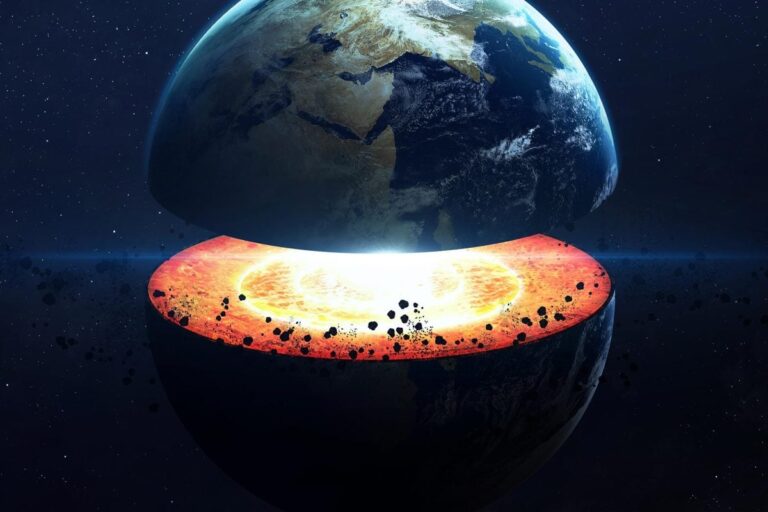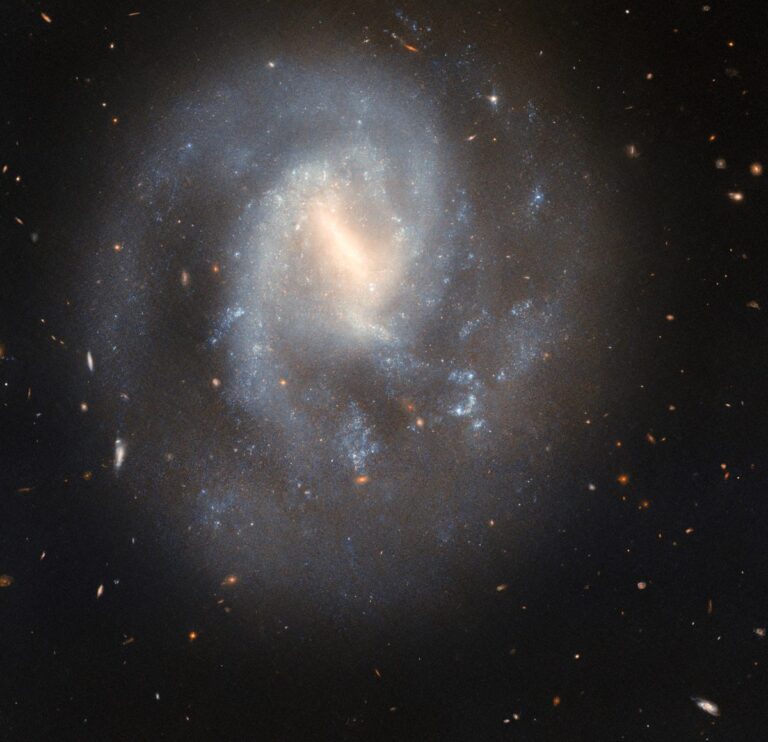In a major technological breakthrough, a new artificial intelligence system named Aurora is revolutionizing the way we predict natural disasters. This cutting-edge AI promises not only faster and more accurate forecasts but also drastically reduces the costs associated with disaster preparedness and response. Developed by a coalition of leading scientists, data engineers, and climatologists, Aurora represents a leap forward in global disaster management systems.
🌍 What is Aurora?
Aurora is an advanced AI-powered platform designed to analyze vast amounts of climate, geological, and satellite data in real time. Leveraging machine learning, predictive modeling, and neural networks, it forecasts natural disasters such as:
Earthquakes
Hurricanes
Wildfires
Floods
Tsunamis
Volcanic eruptions
With unmatched speed and precision, Aurora has already demonstrated the ability to forecast potentially catastrophic events hours to days earlier than traditional models.
💡 How Aurora Works
Unlike traditional disaster prediction systems that rely on historical data and physical models, Aurora uses a deep learning approach. Here’s how it works:
Data Collection: Pulls data from satellites, seismographs, weather stations, and ocean buoys in real time.
Pattern Recognition: Identifies subtle shifts and patterns invisible to human analysts.
Predictive Analytics: Forecasts disaster events using dynamic models that evolve with every new data input.
Early Warning Alerts: Sends automatic alerts to emergency services, local governments, and affected populations.
By using AI-powered anomaly detection, Aurora can issue early warnings that help save lives, reduce economic losses, and improve emergency response.
⚡ Speed & Accuracy That Saves Lives
During initial testing phases, Aurora outperformed conventional systems in key areas:
Prediction Timeframe: 45% faster alerts for earthquakes and storms
Accuracy Rate: 92% prediction accuracy for category 4+ hurricanes
Cost Efficiency: Reduces government and NGO operational costs by 40%
In 2025 alone, Aurora successfully predicted flash floods in Southeast Asia and an unexpected earthquake in Turkey — giving communities precious time to evacuate and prepare.
🔥 Real-World Impact
Aurora is already being piloted in disaster-prone regions such as:
The Philippines and Indonesia (for typhoons and volcanic activity)
California and Japan (for earthquakes and wildfires)
Bangladesh and India (for monsoon flooding)
Early adoption has shown dramatic reductions in casualties and property damage. In Bangladesh, for example, Aurora’s 36-hour advance flood warning helped relocate over 1.2 million people in time.
🌐 A Global Tool for Climate Resilience
As climate change increases the frequency and intensity of natural disasters, Aurora offers a scalable, affordable, and smart solution. Its cloud-based system means even low-income countries can tap into high-end forecasting tools without installing expensive infrastructure.
Backed by institutions like the UN Office for Disaster Risk Reduction (UNDRR) and NASA, Aurora is being touted as a core component of global climate adaptation strategy for the next decade.
🔮 The Future of Disaster Prediction
Aurora’s developers are working on even more advanced features, including:
Drone integration for local hazard detection
AI-driven evacuation planning
Predictive economic impact models
Multi-language alert systems for better accessibility
By 2027, Aurora aims to be deployed across 75+ countries, making it the world’s most trusted early-warning system.
🧠 Final Thoughts
Aurora is more than just an AI system—it’s a life-saving revolution in disaster prediction and response. As the world grapples with the realities of climate change, such technologies are no longer luxuries—they’re necessities. Faster, smarter, and more accessible than ever, Aurora gives humanity a powerful new ally in the fight against nature’s most unpredictable threats.
Groundbreaking AI ‘Aurora’ Predicts Natural Disasters Faster, Cheaper, and More Accurately Than Ever Before

















+ There are no comments
Add yours